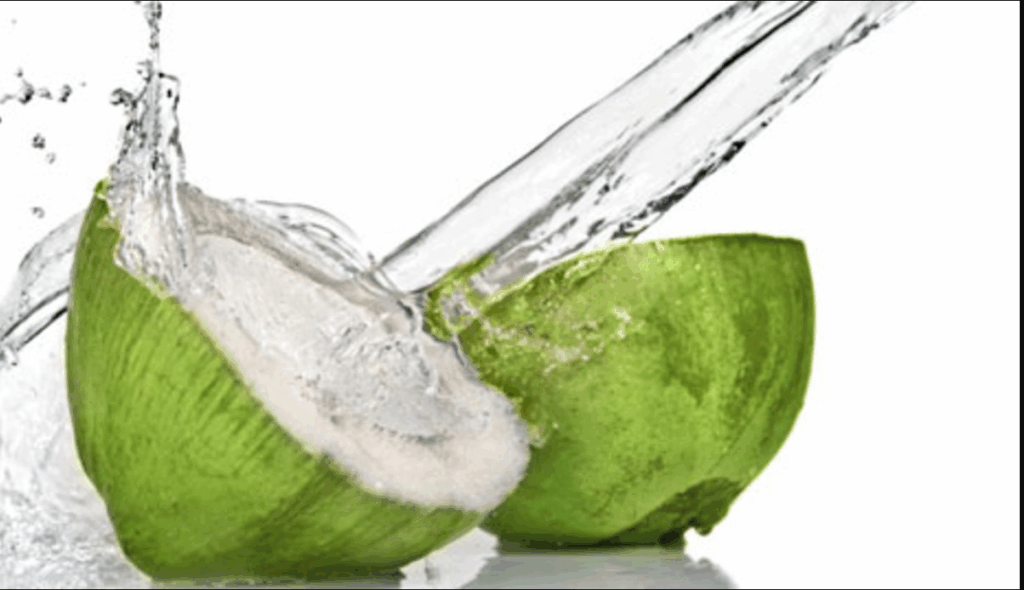Whether you’re finishing a workout or just trying to stay refreshed on a hot day, the drink you choose can significantly impact your hydration and recovery. Water, coconut water, and sports drinks all serve a purpose, but choosing the right one depends on your activity level, environment, and personal needs.
Why Hydration Is So Important
Staying hydrated is essential for supporting almost all of the body’s vital processes. Fluids help regulate body temperature, support cardiovascular function, and help transport nutrients and waste. When you’re dehydrated, energy levels drop, focus fades, and physical performance suffers.
During exercise, your body loses not only water but also key electrolytes, such as sodium, potassium, and magnesium. If these losses aren’t replaced, especially during prolonged or intense workouts, your ability to recover and continue performing declines rapidly.
Proper hydration helps prevent cramps, overheating, and fatigue, making it a fundamental part of athletic recovery and daily health.
Water – The Gold Standard for Everyday Hydration
For low- to moderate-intensity activities, water remains the easiest and most reliable way to stay hydrated. It has no calories, no sugar, and no additives, making it ideal for people looking to remain refreshed without unnecessary ingredients.
Because it’s widely available and inexpensive, water is often the first and most logical choice. However, water alone may not be sufficient during long workouts or in hot conditions where significant electrolyte loss occurs. In such cases, you might need to supplement plain water to support full recovery and hydration.

Coconut Water – Nature’s Electrolyte Drink
Coconut water is a natural alternative to commercial sports drinks. It’s rich in potassium and contains smaller amounts of magnesium and sodium, which are essential electrolytes for muscle function and nerve signaling. It also contains natural sugars, offering a light source of energy.
For moderate exercise or general rehydration after a walk or yoga session, coconut water can be a refreshing option. It’s low in calories and free from artificial additives, making it a clean, plant-based solution. However, its sodium content is lower than what endurance athletes may require, so it’s less effective for replenishing after heavy sweating or prolonged intense activity.

Sports Drinks – Designed for High-Intensity Performance
Sports drinks like Gatorade and Powerade support performance in high-demand scenarios. They provide energy-boosting carbohydrates, along with essential electrolytes like sodium and potassium, to replenish what the body loses through sweating. It makes them especially effective during long workouts, endurance events, or when training in hot, humid environments.
These drinks can help sustain energy levels and prevent dehydration during physically demanding sessions. However, they often contain high amounts of sugar and artificial ingredients, which can be unnecessary or even detrimental to casual hydration. For athletes and those doing extended, high-intensity training, they are a useful tool, but moderation is important.

Which One Should You Choose?
Water is the best everyday option. It works well for staying hydrated at work, school, or during light to moderate exercise. It’s clean, accessible, and doesn’t contain excess calories or additives.
Coconut water is a good middle ground. It offers natural electrolytes and a bit of sweetness, making it a smart option for post-workout recovery when the effort isn’t too intense. It’s also a good choice for people seeking hydration with minimal processing.
Sports drinks are best for high-performance needs. If you’re running long distances, training in the heat, or engaging in prolonged physical exertion, carbohydrates and electrolytes can be beneficial. Keep an eye on the sugar levels and reserve their use for situations where they’re genuinely necessary.
Bonus Tips for Smart Hydration
Thirst may not always accurately reflect your hydration levels, particularly during vigorous exercise. It’s possible to be dehydrated before feeling thirsty, so consistent fluid intake is key.
Weighing yourself before and after workouts can help estimate how much fluid you’ve lost. For every pound of weight lost through sweat, you should aim to drink around 16 to 24 ounces of liquid.
To make a basic electrolyte drink at home, try mixing water with a bit of sea salt and a squeeze of lemon. It can enhance hydration without the added sugars found in some commercial beverages.
Frequently Asked Questions
Is coconut water good for hydration after exercise?
Yes, especially after light to moderate activity. It provides natural electrolytes like potassium and magnesium, though it may not be sufficient for high-intensity or long-duration workouts.
How can I hydrate after exercise without sports drinks?
You can hydrate with water and enhance it naturally by adding a pinch of sea salt and citrus juice. Coconut water is also a natural alternative that offers electrolytes.
Are sports drinks bad for casual hydration?
They aren’t inherently bad, but they are designed for athletic performance and contain sugars that aren’t necessary for everyday hydration. For non-athletes, water or lightly flavored natural drinks are better choices.




